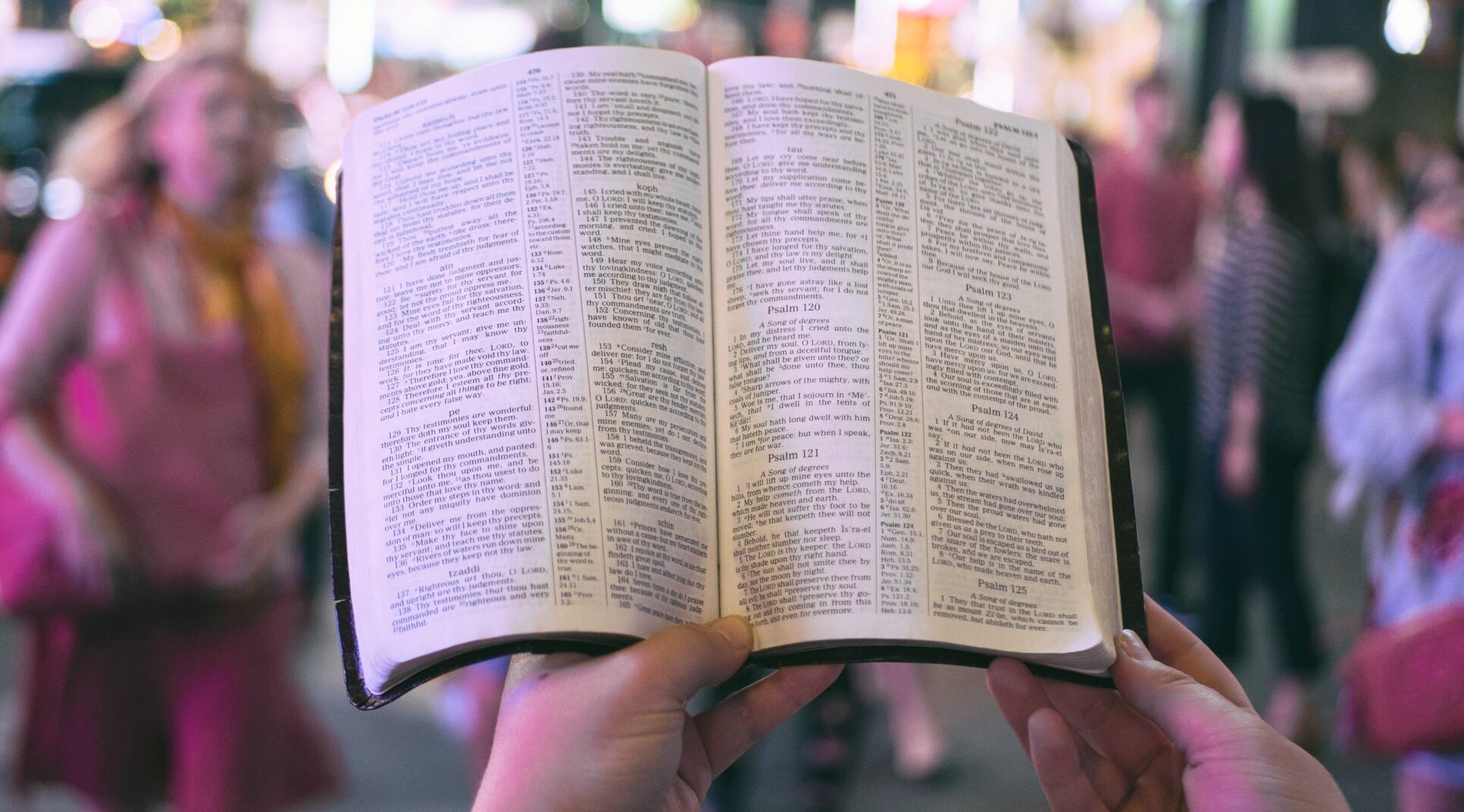Here I am, a Baptist writing a post against baptism. But actually, this post isn’t actually against baptism. Rather, it’s because I love baptism so much that I write today’s post.
Now originally, this post was a response to J.D. Greear and NAMB, who were calling on Southern Baptist Churches to “Fill the Tank” on Easter 2020 and calling upon people to respond to the gospel with spontaneous baptism. (This is not the first time this call has been issued).
I do not mind at all publicly saying that I sincerely appreciate both NAMB’s and J.D.’s desire to see lost sinners come to Christ. That should be the desire of every Christian. But I would argue that this proposed plan is antithetical to the desire and might certainly be taken and/or employed as gimmickry in some places.
Given COVID-19, it looks like many churches will not be able to participate in this event. One day, churches will have an opportunity to decide if they want to do an event like this, and I hope they will decide against it.
Here is why Spontaneous Baptism Sunday is a bad idea (consequently, many of the same reasons could be applied to “virtual baptism”. But that will have to be for another post):
Baptism is a local church ordinance
The Baptist Faith and Message (2000) rightly says that Baptism is “a church ordinance.” How is the local church supposed to assess a candidate’s readiness for baptism spontaneously?
Baptism is only for the regenerate
Obviously, we would disagree with non-Baptists here, but I’m writing this to my Southern Baptist brothers and sisters. If Baptism is for regenerate persons, why would we quickly baptize people without attempting to discern seriously whether or not they are born again?
Baptism is the entry into church membership
Spontaneous baptism leaves no real room to discuss with a candidate the duties and responsibilities of church membership.
Crowds create undiscerning decisions
We’ve seen the panic associated with COVID-19. This is because people are naturally followers. We have the herd mentality. Crowds followed Jesus and “believed” in Him (John 2:23–25). Crowds are fickle. Crowds make decisions that don’t last.
Spontaneous baptism creates a high-pressure sales pitch
Similar to the last point, this is how a spontaneous baptism service borders on gimmickry. It’s a way to pressure others into following the Lord by essentially saying “Hey, everyone else is doing it.” This is why churches like Elevation Church have done this with planted participants who come forward to be “spontaneously” baptized.
The Ethiopian eunuch is not a prescriptive passage
The book of Acts has a lot of information for us on how to properly think about the local church. It also has a lot of information that is descriptive of what was happening as the gospel was going forth rather than prescriptive for the church today.
Acts 8:26 and Acts 8:39 show us that Philip’s experience with the Ethiopian eunuch are not normative. But by all means, if an angel of the Lord shows up at your church on Easter, baptize away. (You understand I’m joking here.)
Similarly, the Philippian jailer is also a unique situation. Not only was an Apostle present, but Philippi had never been inundated with so many false understandings of Christianity like we have been today in America. I think our context demands careful explanation on what it actually means to be a follower of Christ before one is baptized.
Baptism is too precious to be treated so cavalierly
At our church, we actually have those being baptized share their salvation testimony with the church before we immerse them. This is a way for the whole church to be encouraged by this ordinance. Spontaneous baptism doesn’t leave much time for this.
Furthermore, it presents baptism as something one can decide on a whim to enter into when, in reality, baptism is to be that definitive public sign of what has already taken place on the inside (Titus 3:5). In some places in the world, to be baptized is to literally break with your family and to sign your own death warrant.
Baptism should be like that for all of us in a way. Baptism is a public sign that one is breaking with his or her old way of life and committing himself or herself to Christ as King, no matter what. It’s not to be treated as a “feel good” practice that results in a free t-shirt.
Gospel clarity > numbers
We all want to see people saved. But Paul says, “For Christ did not send me to baptize but to preach the gospel, and not with words of eloquent wisdom, lest the cross of Christ be emptied of its power.” (1 Cor. 1:17).
This is not to say baptism is unimportant. But it is to say that the folly of the cross is more important than “x amount” of people getting in the tank. It’s okay to be clear on the gospel and its implications, then encourage and demand an immediate response while also making sure this is properly being understood.
It is poor stewardship of pastoral counsel
With people getting spontaneously baptized, it leaves little time for pastoral counsel. Some people could be baptized and leave the church never to return to any church again and cling to the false hope a pastor gave them in their baptism. Counseling baptismal candidates is a wonderful opportunity for pastors to counsel, and spontaneous baptism leaves no time for this.
It increases our problem
As a whole, Southern Baptists have too many unregenerate people on church rolls. Given the points above, a spontaneous baptism Sunday only increases this problem.
Bonus: do not baptize young children
I’ve already written on this here. But I think spontaneous baptism Sunday definitely could lead to churches baptizing young children, which I do not think is helpful. You’ll have to read that post as to why I believe that.
SBC Brothers, as you can tell, I counsel you against the 4/12 spontaneous #baptismSunday. Instead, preach a holy God, powerful gospel, sovereign regeneration, glorious imputation, and call sinners to repent of their sins and put their faith in Jesus. #SBC2020 #Easter2020
— Allen S. Nelson IV (@cuatronelson) March 12, 2020





